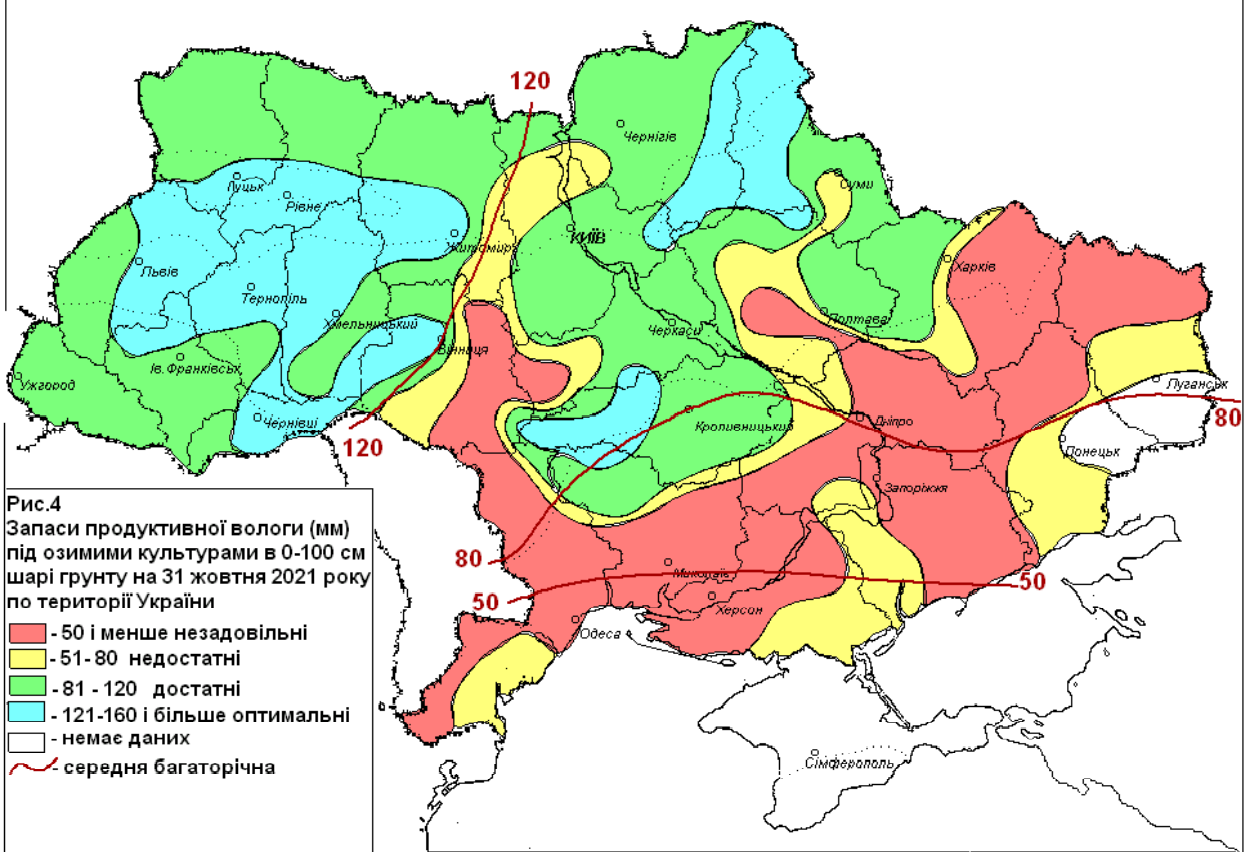In Ukraine and Russia, the weather is not conducive to the development of winter crops, and South America accelerates sowing

The main weather factors affecting the crop markets remain drought in Ukraine and Russia and favorable weather for sowing in Argentina and Brazil. Warm weather returns to the United States and Europe after the rains, which will allow harvesting and sowing to be completed, and will contribute to the development of crops.
In Ukraine,the development of most winter crops is delayed by 1-2.5 weeks compared to long-term indicators, and there are no shoots on late crops. The prolonged lack of precipitation in autumn, and especially in October (which was the driest in the last 20 years) led to a decrease in soil moisture reserves. However, low air temperatures, heavy dew and fogs made it possible to avoid a large-scale drought.
As of October 30, almost a third of the area has an insufficient level of moisture in the arable soil layer. In some areas of the southern, eastern and even western regions, due to lack of moisture, the grain did not germinate. Moisture reserves in the meter-long soil layer are significantly lower than last year. Further provision of moisture to crops will depend on the amount of precipitation in winter and the degree of freezing of the soil. Winter crops in Ukraine are sown in 91% of the planned areas, and light precipitation is forecast during the week.
In Russia, there will be almost no precipitation, and the temperature will drop below 7 OhC, which against the background of possible frosts will stop the development of plants and the emergence of seedlings in late crops.
In the US corn belt, after rain and lower temperatures, warm weather will be established again, which will complete the harvesting of soybeans and corn and improve the condition of winter crops.
In areas of the Southern and Northern Plains, there was light precipitation, but the lack of soil moisture remains, especially in West Texas. Next week, dry weather and high temperatures will negatively affect winter crops, but in a week heavy rains, especially in the eastern regions, will improve the situation.
In the central part of Brazil, the weather promotes the sowing of soybeans and corn. Heavy rains will continue for another week, but they will not interfere with the harvesting of wheat, which began to be harvested in the south of the country. Soybeans are sown in 52% of the area, and corn – 63% compared to 42% and 54% a year ago, respectively.
In Argentina, it rained this week, which reduced dry phenomena and accelerated the sowing of soybeans and corn, as well as improved the condition of wheat crops, which continue to be harvested.
In Australia, favorable weather remains with heavy precipitation, which will improve the condition of late rapeseed and wheat crops, but may delay wheat harvesting and worsen its quality.


